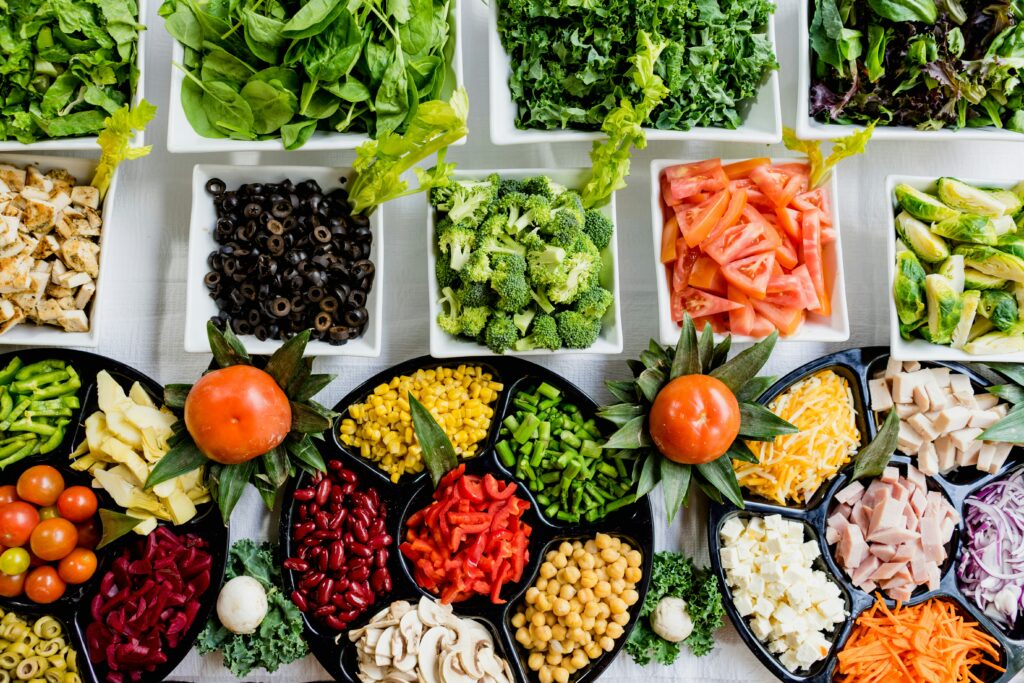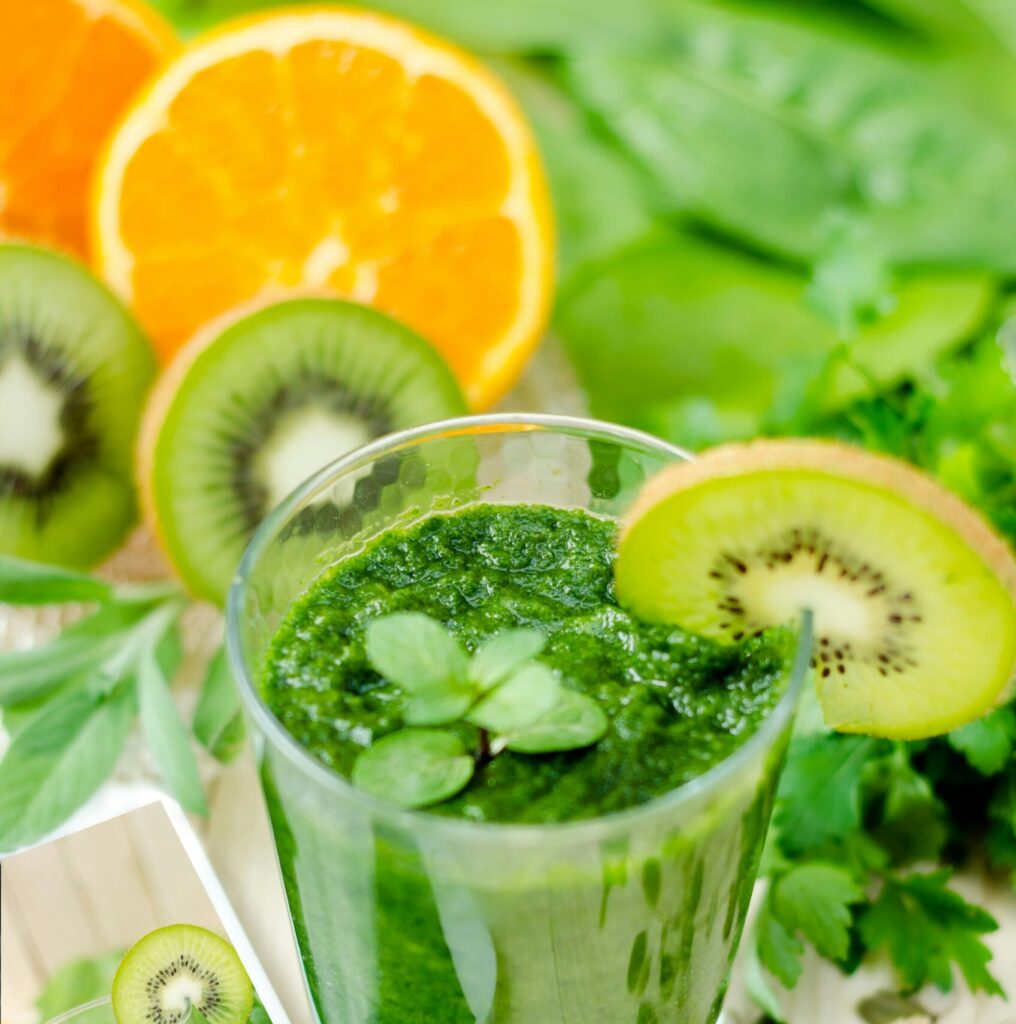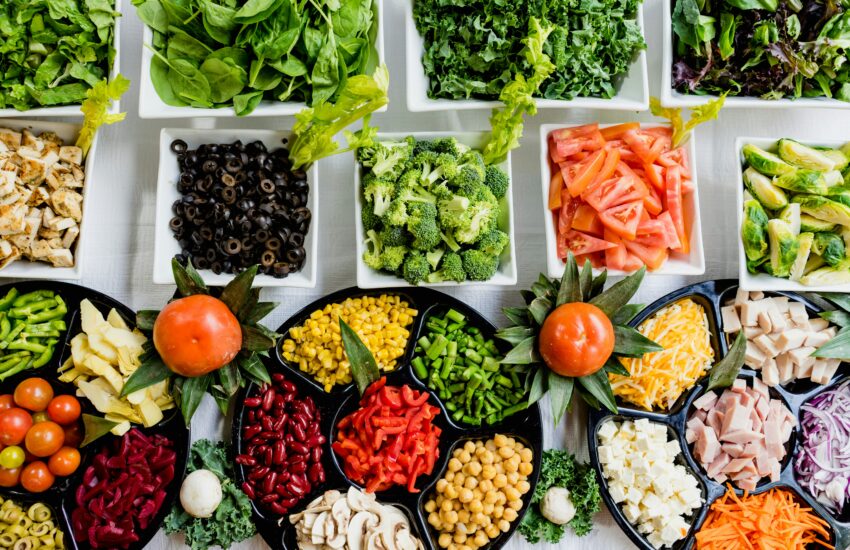Increasing hemoglobin levels naturally is important for maintaining overall health and vitality, as hemoglobin is responsible for carrying oxygen from the lungs to the rest of the body. Here are several strategies for How to Increase Haemoglobin Naturally suggested by Mohit Tandon from Texas:
Iron-Rich Diet:
Consuming foods high in iron is crucial for increasing hemoglobin levels. Include plenty of iron-rich foods in your diet such as leafy greens (spinach, kale), legumes (lentils, chickpeas), tofu, quinoa, nuts (almonds, cashews), seeds (pumpkin seeds, sesame seeds), fortified cereals, and lean meats (if you’re not vegetarian). Iron from animal sources (heme iron) is more easily absorbed by the body compared to plant-based iron (non-heme iron), but pairing non-heme iron sources with vitamin C-rich foods can enhance absorption. – Mohit Tandon Texas

Vitamin C-Rich Foods:
Vitamin C helps enhance the absorption of non-heme iron from plant-based sources. Include plenty of vitamin C-rich foods in your diet such as citrus fruits (oranges, lemons), strawberries, kiwi, bell peppers, tomatoes, and broccoli. Pairing these foods with iron-rich foods can improve iron absorption and contribute to higher hemoglobin levels.

Folic Acid and Vitamin B12:
Folic acid (vitamin B9) and vitamin B12 are essential for the production of red blood cells and hemoglobin. Include foods high in folic acid such as leafy greens, citrus fruits, beans, and fortified cereals. Vitamin B12 is primarily found in animal products, so vegetarians and vegans may need to supplement or consume fortified foods like plant-based milk or cereals. – Mohit Tandon Texas
Avoid Iron Blockers:
Certain substances can inhibit iron absorption and should be consumed in moderation or avoided altogether. These include calcium-rich foods (dairy products), tannins found in tea and coffee, and phytates found in whole grains and legumes. If you consume these foods, try to space them out from iron-rich meals to maximize iron absorption.
Cook in Cast Iron Cookware:
Cooking acidic foods like tomatoes or lemon juice in cast iron cookware can increase the iron content of the food. Small amounts of iron leach into the food during cooking, contributing to higher iron intake.
Stay Hydrated:
Drinking an adequate amount of water is essential for maintaining healthy blood volume and circulation. Dehydration can lead to thicker blood and lower hemoglobin levels, so be sure to drink plenty of fluids throughout the day.
Herbal Remedies:
Some herbs and spices are believed to help boost hemoglobin levels naturally. These include nettle leaf, dandelion, yellow dock, and spirulina. However, it’s essential to consult with a healthcare professional before using herbal remedies, especially if you have underlying health conditions or are taking medications. – Mohit Tandon Texas
Avoid Alcohol and Smoking:
Alcohol and smoking can negatively impact hemoglobin levels and overall blood health. Limit alcohol consumption and avoid smoking to support optimal hemoglobin production and absorption of nutrients.
Regular Exercise:
Engaging in regular physical activity can help stimulate the production of red blood cells and improve blood circulation. Aim for at least 30 minutes of moderate-intensity exercise most days of the week to support overall health and hemoglobin levels. – Mohit Tandon Texas

Manage Stress:
Chronic stress can affect various aspects of health, including blood health and hemoglobin levels. Practice stress-reducing techniques such as meditation, deep breathing exercises, yoga, or spending time in nature to help manage stress and support overall well-being.
By incorporating these natural strategies into your lifestyle, you can help increase hemoglobin levels and support overall blood health. However, it’s essential to consult with a healthcare professional before making significant changes to your diet or lifestyle, especially if you have underlying health conditions or are taking medications. They can provide personalized recommendations based on your individual needs and help monitor your progress over time.
